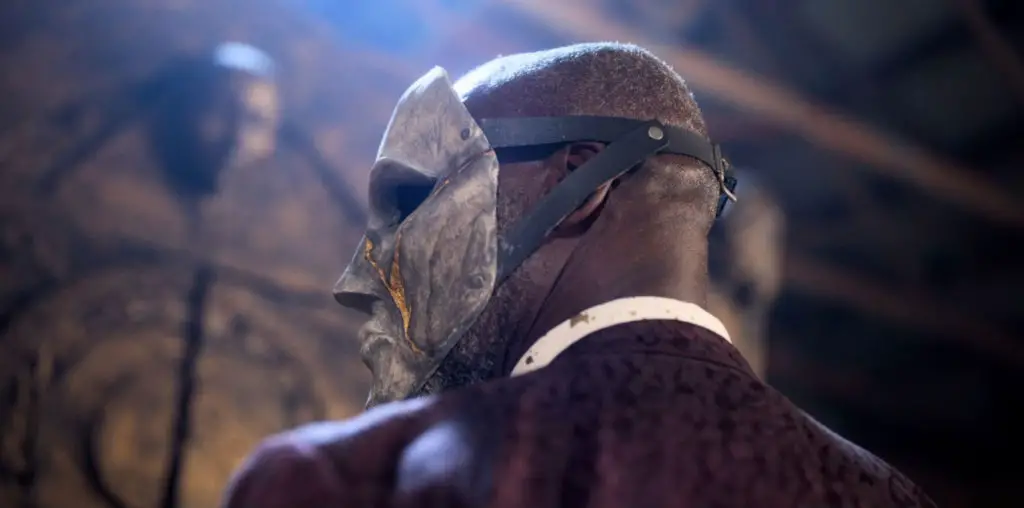
Everybody makes mistakes. Take Nick Cassavetes. It’s not his fault John Cassavetes, the father of independent filmmaking, was his father as well. Given that he didn’t inherit an iota of dad’s talent, however, it probably wasn’t the greatest idea to go into the family business. (Oscar-nominated actress Gena Rowlands is his mother).
At the same time, Cassavetes seems to make more than his share of bad choices. In 2010 he took $300,000 from a gullible Canadian in exchange for giving his two daughters parts in his next project and then neglected to, setting himself up for a lawsuit. In 2011 he took part in a poker Ponzi scheme litigants claimed bilked them out of millions.
In 2012 he made headlines by defending incest (the subject of a work-in-progress entitled Yellow) and comparing it to gay marriage. That same year he was recognized as one of California’s Top 500 Tax Delinquents. In 2013 he sued a friend for welching on a poker debt. See a pattern?
I don’t mention the filmmaker’s peccadilloes to be mean-spirited but to provide the only explanation conceivable for his most heinous crime against humanity yet-making The Other Woman. There’s only one reason the director of a movie as successful as The Notebook (2004) would stoop to producing rejectamenta this rank: He’s bankrupt; maybe financially, beyond a doubt creatively.
Canadian theater dads are unlikely to finance his high stakes hobbies further and, from the look of things, Cassavetes has been getting into more jackpots (as Cormac McCarthy likes to say) than he’s been winning over the past ten years. The result is only-in-it-for-the-money moviemaking of practically unimaginable crappiness.
The traditionally winning Leslie Mann is squandered as a whiny housewife who discovers her husband (Game of Thrones’ Nikolaj Coster-Waldau) is carrying on with not one but two other women-a high powered attorney played by Cameron Diaz and a younger ditz whose profession apparently is running on the beach in slow motion. She’s played by supermodel Kate Upton.
After freaking out for the better part (and I use the term loosely) of the first act, Mann’s character does what any self-respecting woman in her position would do. She becomes BFFs with her one-time rivals and enlists them in a puerile campaign to get even with the cad they share in common.
You literally can feel your brain cells dying as you watch the three pour Nair into his shampoo bottle, slip estrogen in his morning smoothie and spy on him obsessively. The theme from Mission Impossible’s hauled out for those scenes. Yup, somebody got paid for that brainstorm.
The comedy’s centerpiece sequence begins with Diaz surreptitiously spiking the clueless dude’s drink with a laxative at a restaurant and ends with him emitting a symphony of gastrointestinal noises in a men’s room stall. Yup, somebody got paid for recycling the volcanic evacuations in Dumb and Dumber and Bridesmaids.
That somebody is screenwriter Melissa Stack, a woman who, I have to say, gives the impression of not thinking terribly much of women. When her characters aren’t behaving like needy, neurotic children, they’re acting like lobotomized frat boys. Nothing in this upside down ode to empowerment is remotely believable-much less entertaining-and no one in the cast does anything which even vaguely resembles acting. It’s a manic, misogynistic mess from start to finish.
Though the buck stops with Cassavetes, of course. No doubt trying to fill such legendary shoes must do things to one’s mind. Too bad inspiring a sense of artistic integrity wouldn’t appear to be one of them. Among his father’s most revered works is a portrait of domestic pressure and pain called A Woman Under the Influence (1974). It’s a shame the man who made The Other Woman wasn’t a little more influenced himself.
